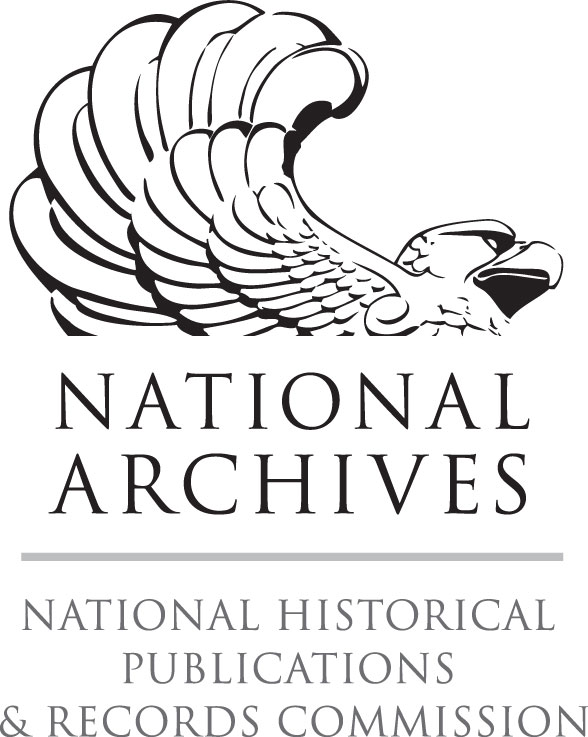Board of Estimates
The Baltimore City Board of Estimates was created by the new 1898 municipal charter, and its first meeting was held on March 20, 1900. The composition of the board and its duties have changed over the years, but its three main functions – to prepare the annual budget, oversee the city’s income and expenditures, and regulate the use of city property – have remained the same.
The Records of the Board of Estimates at the Baltimore City Archives exist only on microfilm some of which is available online for the public and some of which needs to be viewed on an internal viewer at either the Baltimore City Archives or the Maryland State Archives.
The major function of the Board of Estimates each year is to prepare the city’s budget, known as the ordinance of estimates. To do this the board receives information on each department’s anticipated expenses (these official records of appropriations are in series 5). The board also estimates the amounts needed for capital improvements and previously committed by law or by contract and also gathers information on the city’s anticipated income from licenses, fees, rents, and taxes.
Once the budget is prepared the board’s main activity is to oversee spending; the record of this activity is its minutes (series 1) and administrative files (series 3).
Other controls on spending by the board include the power to increase and decrease salaries and to control the contingent fund, a fund used to cover unexpected expenses. Requests for use of this fund are passed on by the board. Information on these requests is in the minutes (series 1) and the administrative files (series 3).
The last major responsibility of the Board of Estimates is control over the use of city-owned property. The board grants franchises or the right to use streets, highways, sidewalks, wharves, or any city property. “Minor privileges” to use city property are recorded in the minutes (series 1).
For more information see the city charters for 1898, 1918, 1946, and 1964. See also Frederick P. Stieff’s, The Government of a Great American City (Baltimore: H. G. Roebuck and Son, 1935), pp. 84-90 and Jacob H. Hollander, The Financial History of Baltimore (Baltimore: Johns Hopkins University Press, 1899), pp. 360-61, 363-64.
This web site is presented for reference purposes under the doctrine of fair use. When this material is used, in whole or in part, proper citation and credit must be attributed to the Maryland State Archives. PLEASE NOTE: The site may contain material from other sources which may be under copyright. Rights assessment, and full originating source citation, is the responsibility of the user.
Tell Us What You Think About the Baltimore City Archives Website!
[ Archives' Home Page ||
Maryland Manual Online ||
Reference & Research
|| Search the Archives ||
Education & Outreach || Archives of Maryland Online ]

